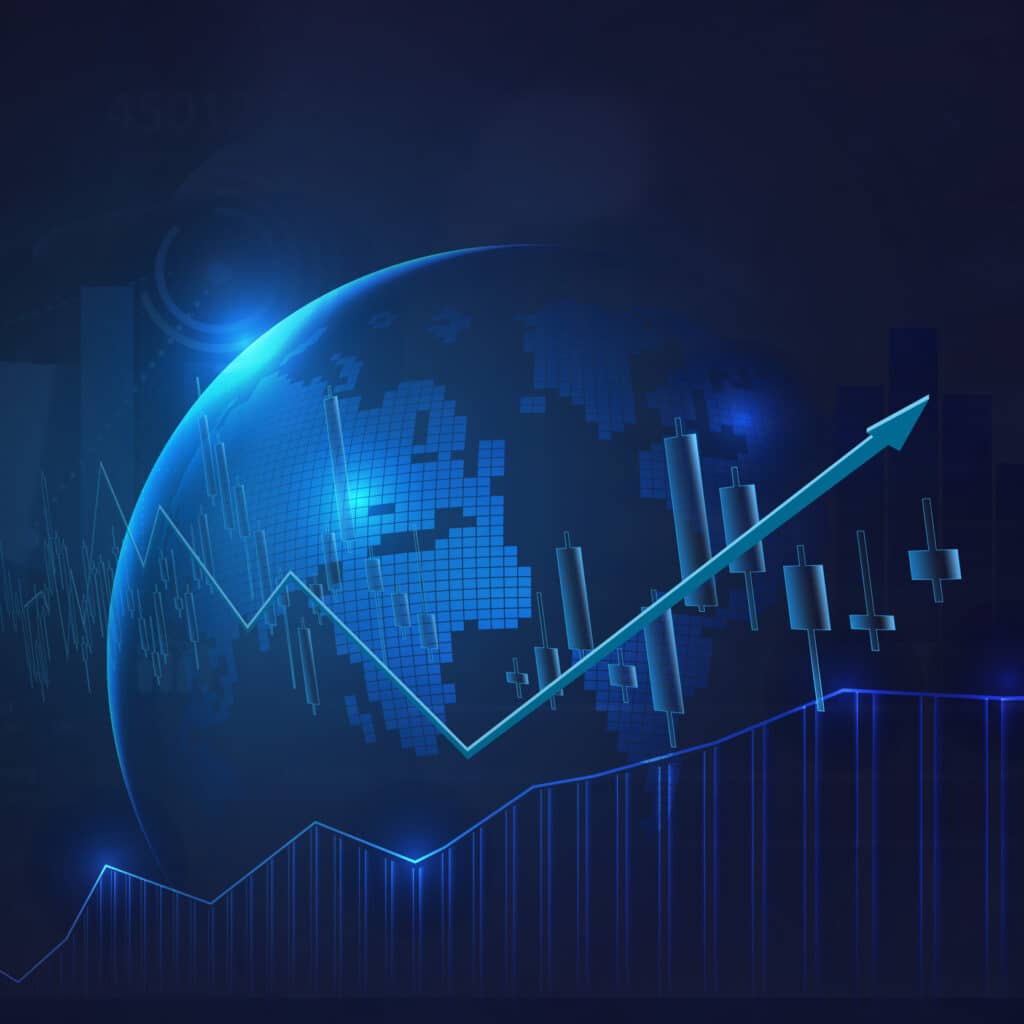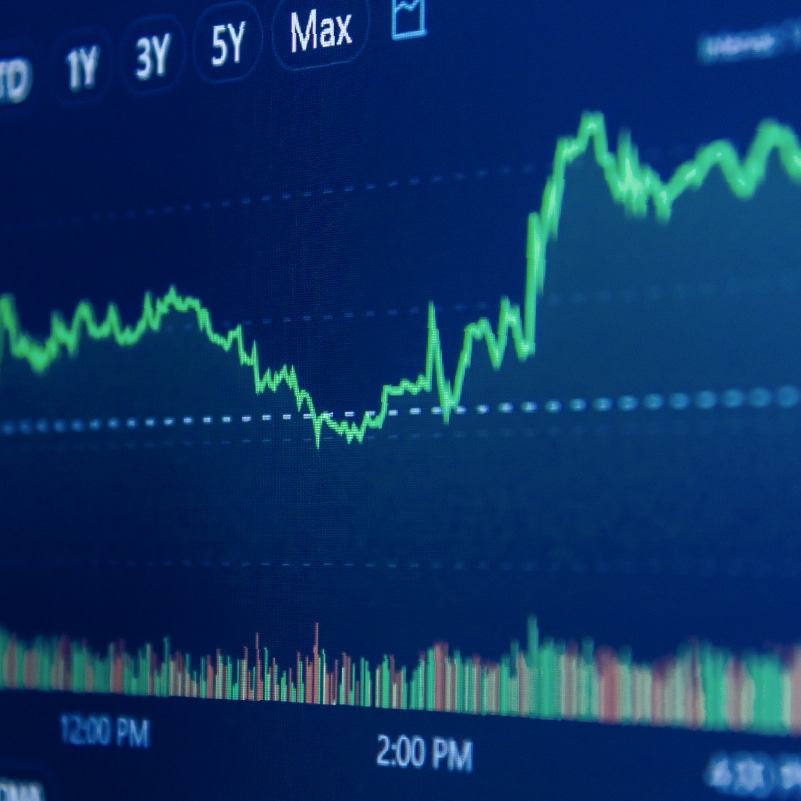Global equity markets fell for a second consecutive month (MSCI World -4.3% MoM), delivering a negative quarter for developed market (DM) stocks (MSCI World -3.4% QoQ) after three consecutive positive quarters. Interest rates were a key factor weighing on market sentiment in September as investors’ focus shifted from how much higher rates could go to how long rates would remain elevated and how many cuts would eventually come. It appears that we are close to the top of this hiking cycle, with central banks in the US, Switzerland, England, and Japan choosing to keep rates unchanged in September (the European Central Bank [ECB] was the only major central bank to hike rates during the month). However, the messaging from the US Federal Reserve (Fed) was that most of its members anticipate rates remaining elevated for much longer than the market is currently pricing for. As US long-term rates adjusted to the Fed messaging, US 10-year government bond yields rose towards 4.6% – their highest level since 2007.
Emerging market (EM) stocks outperformed their DM counterparts (MSCI EM -2.5% MoM), with China remaining the biggest drag on EM stocks. Chinese stocks listed in Shanghai, Hong Kong and the US are all down YTD in US-dollar terms. India’s stock market was the only major global equity market to eke out a positive return (in US-dollar terms) in September (Nifty 50 +1.5% MoM) as it appears to be the beneficiary of foreign investors switching out of Chinese equities. China’s housing market continued to cast a shadow over that economy, and while the news that property developer Country Garden was able to meet its obligation to make coupon payments on US dollar debt and restructure some local currency debt came as a welcome relief, peer, Evergrande (the world’s most indebted property developer), has been unable to execute a meaningful restructure more than two years after it first ran into liquidity challenges and began to halt construction projects. In late September, news emerged that Evergrande’s chairman and founder had been under police surveillance.
China was also a source of pain for DM equities as the world’s largest publicly listed company, Apple, saw c. US$200bn wiped off its market value over two days towards the beginning of September on news that China would ban the use of iPhones in Chinese government offices. Energy shares were a rare bright spot for equity investors, with the S&P 500 energy sector (+2.6% MoM) the only sector to end the month in positive territory as the price of Brent crude oil rallied 10% MoM to US$95/bbl, leaving it 27% higher for 3Q23 as the Organization of the Petroleum Exporting Countries (OPEC) and their allies like Russia (collectively known as OPEC+) continue to restrict supply. Risk aversion and rising US yields meant the US dollar was stronger against most currencies in September.




